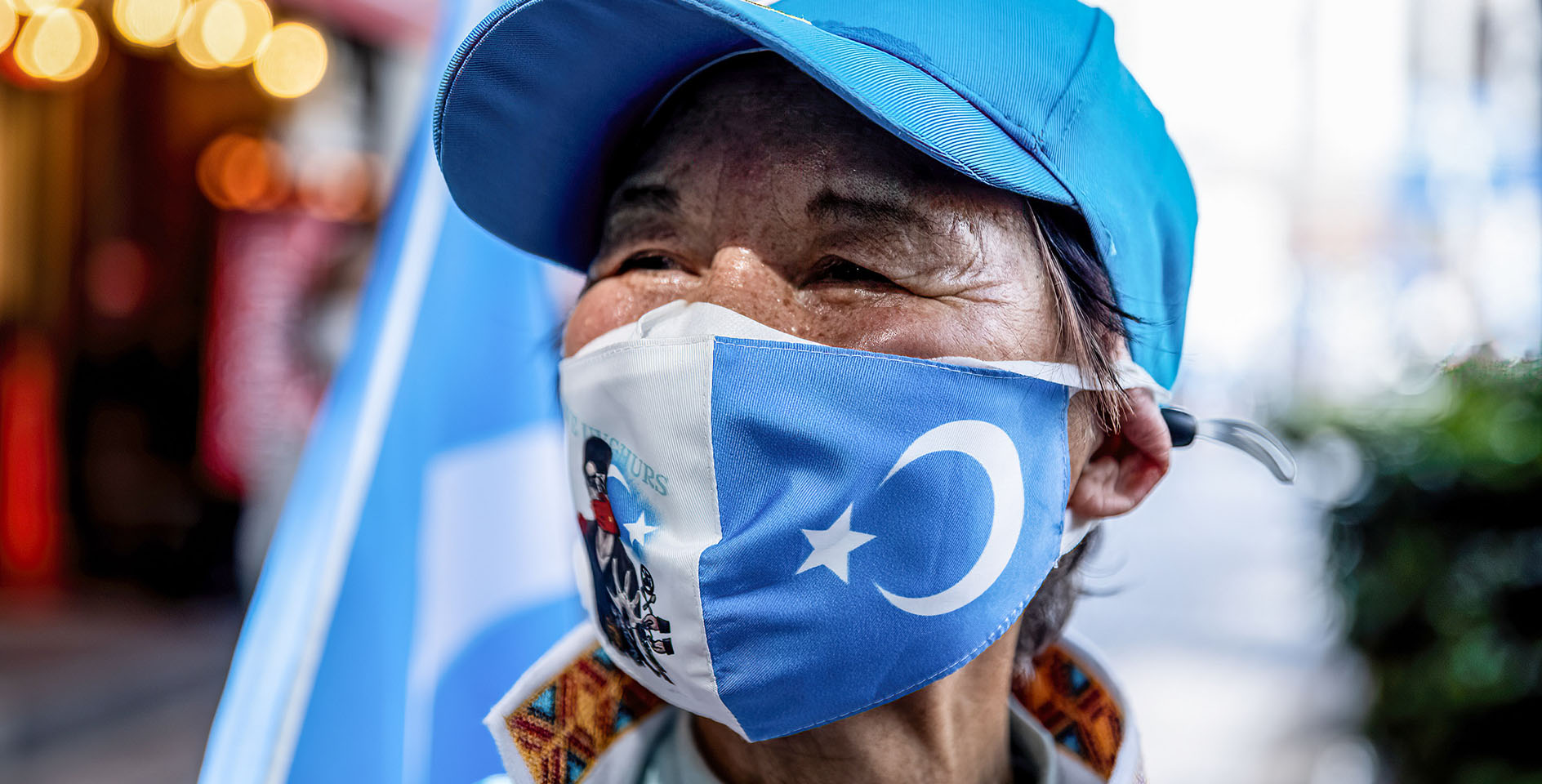On April 28, the United States Commission on International Religious Freedom (USCIRF) released its 2020 annual report, which serves to provide an overview of what is happening in regard to religious freedom around the world, and make policy recommendations to Congress, the administration, and the State Department. USCIRF is an independent, bipartisan federal government entity established by Congress to monitor, analyze, and report on threats to religious freedom.
In the report, USCIRF recommends 14 countries to the State Department for designation as “countries of particular concern” (CPCs) because their governments engage in or tolerate “systematic, ongoing, egregious violations.” These include nine that the State Department designated as CPCs in December 2019—Burma, China, Eritrea, Iran, North Korea, Pakistan, Saudi Arabia, Tajikistan, and Turkmenistan—as well as five others—India, Nigeria, Russia, Syria, and Vietnam.
One of the most concerning aspects of this report was the addition of India to the recommended Country of Particular Concern list for the first time since 2004. Religious freedom conditions in India experienced a drastic turn downward, with religious minorities under increasing assault.
This is largely due to new citizenship laws that pose a great threat to Muslims and other religious minorities in India. These laws have the potential to deem millions stateless and without any protection against persecution. USCIRF urged the administration and Congress to use our status as allies to oppose this law and to help the people of India.
USCIRF also took a strong stance against China’s rising persecution of Uyghur Muslims and other religious minorities and its use of forced labor. According to the report, between 900,000 and 1.8 million Uighur, Kazakh, Kyrgyz, and other Muslims have been detained in more than 1,300 concentration camps in Xinjiang. Individuals have been sent to the camps for wearing long beards, refusing alcohol, or other behaviors authorities deem to be signs of “religious extremism.” The report also noted concern over China’s use of its power to encourage religious oppression in developing nations.
An encouraging piece of news that this report offered was the recommendation of moving Sudan, Uzbekistan, and the Central African Republic to Special Watch List status from Country of Particular Concern status. Commissioners cited this change in the recommendation as a result of positive steps these countries have taken toward pluralism and tolerance in the past year.
This report is an excellent resource that details many of the human rights abuses that are happening all around the world as a result of religious persecution. The cruelties that Christians and other religious minorities face in all parts of the world are horrific and deserve the attention of our churches and government as we work together to stop this persecution. Scripture clearly calls us to “open your mouth for the mute, for the rights of all who are destitute” (Prov. 31:8).
The ERLC is deeply committed to advocating for religious freedom around the world. In 2019, we released a short film titled “Humanity Denied: Religious Freedom in North Korea.” The film features defectors from North Korea as well as church leaders and human rights activists in South Korea. China has increased its persecution of Christians, Uyghur Muslims, and other ethnic and religious minorities. This is deeply concerning, and the ERLC has been calling on the U.S. government to hold China accountable for their religious freedom abuses and to counter China morally.
In addition to country-specific advocacy, the ERLC has also worked on initiatives to fight against blasphemy laws and the rise of anti-Semitism. We are committed to advocating for the vulnerable and oppressed around the world and to fighting for the rights of our persecuted brothers and sisters.
ERLC intern Hannah Daniel helped with this piece.










